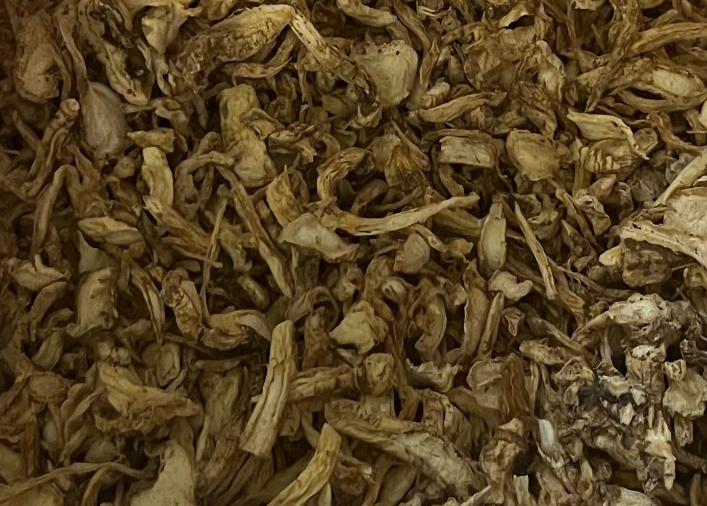 |
| ▲ Domestic bellflower |
[Global Economic Times] The Rural Development Administration announced that a study revealing the cognitive ability improvement effect of domestically produced bellflower root was published in two international academic journals in succession this month.
Bellflower (Platycodon grandiflorum) is a perennial plant of the Campanula family and is mainly eaten as a vegetable or herb. In oriental medicine, it is used as an herbal medicine (gilgyeong) to improve phlegm and cough symptoms. In Korea, 4,823 tons (as of 2022) are produced annually.
The Rural Development Administration conducted cell and animal experiments related to cognitive improvement in order to increase the utility of domestically produced bellflower root, which is used as herbal medicine and food, and to find ways to improve national health using our special crop.
As a result of cell experiments, bellflower root extract reduced nitric oxide in animal nerve cells that induced inflammation by about 30-60%. It played a role in protecting nerve cells by suppressing apoptosis.
When the researchers administered bellflower root extract to animals with short-term cognitive decline, their learning ability was significantly restored to normal levels. In particular, in animals with Alzheimer's disease, the accumulation of beta-amyloid, the causative agent of Alzheimer's disease, was reduced by about 50%.
It is presumed that bellflower extract reduces ‘beta-amyloid’ by breaking the vicious cycle linking oxidative stress and neuroinflammation in the brain and activating ‘phagocytosis’, which ingests extracellular substances.
This study is meaningful in that it goes one step further than research on bellflower root's cognitive ability improvement reported in academia and reveals the principles of ‘beta-amyloid’ reduction.
Kim Geum-sook, manager of the Special Crop Utilization Department at the National Institute of Horticultural and Herbal Science, Rural Development Administration, said, “Preventative management of dementia is as important as post-onset management,” adding, “Development of materials to improve cognitive ability using domestically produced medicinal crops will improve public health and increase social costs.” “We expect this to be of great help in reducing costs and developing the domestic agricultural industry.”
[Copyright (c) Global Economic Times. All Rights Reserved.]






























